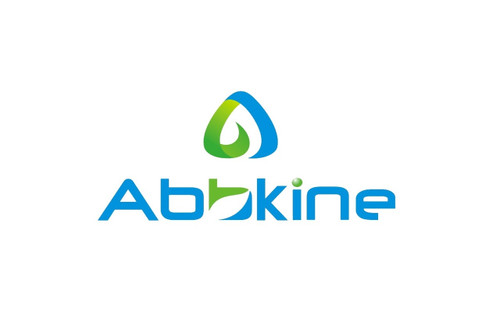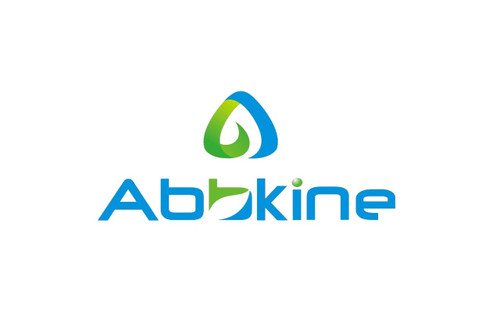Product Description
Rat Polymerase I and transcript release factor (PTRF) ELISA Kit | AE25029RA | Abebio
Species Reactivity: Rat (Rattus norvegicus)
Abbreviation: PTRF
Alternative Name: FKSG13; FLJ90031; cavin-1; RNA polymerase I and transcript release factor|TTF-I interacting peptide 12
Application: ELISA
Range: Request Information
Sensitivity: Request Information
Intra-Assay: ≤5.3%
Inter-Assay: ≤8.3%
Recovery: 0, 97
Sample Type: Serum, Plasma, Other biological fluids
Detection Method: Sandwich
Analysis Method : Quantitive
Test Principale: This assay employs a two-site sandwich ELISA to quantitate PTRF in samples. An antibody specific for PTRF has been pre-coated onto a microplate. Standards and samples are pipetted into the wells and anyPTRF present is bound by the immobilized antibody. After removing any unbound substances, a biotin-conjugated antibody specific for PTRF is added to the wells. After washing, Streptavidin conjugated Horseradish Peroxidase (HRP) is added to the wells. Following a wash to remove any unbound avidin-enzyme reagent, a substrate solution is added to the wells and color develops in proportion to the amount of PTRF bound in the initial step. The color development is stopped and the intensity of the color is measured.
Product Overview: PTRF encodes a protein that enables the dissociation of paused ternary polymerase I transcription complexes from the 3' end of pre-rRNA transcripts. This protein regulates rRNA transcription by promoting the dissociation of transcription complexes and the reinitiation of polymerase I on nascent rRNA transcripts. This protein also localizes to caveolae at the plasma membrane and is thought to play a critical role in the formation of caveolae and the stabilization of caveolins. This protein translocates from caveolae to the cytoplasm after insulin stimulation. Caveolae contain truncated forms of this protein and may be the site of phosphorylation-dependent proteolysis. This protein is also thought to modify lipid metabolism and insulin-regulated gene expression.
Stability: The stability of ELISA kit is determined by the loss rate of activity. The loss rate of this kit is less than 5% within the expiration date under appropriate storage condition. The loss rate was determined by accelerated thermal degradation test. Keep the kit at 37°C for 4 and 7 days, and compare O.D.values of the kit kept at 37°C with that of at recommended temperature. (referring from China Biological Products Standard, which was calculated by the Arrhenius equation. For ELISA kit, 4 days storage at 37°C can be considered as 6 months at 2 - 8°C, which means 7 days at 37°C equaling 12 months at 2 - 8°C) .
 Euro
Euro
 USD
USD
 British Pound
British Pound
 NULL
NULL








